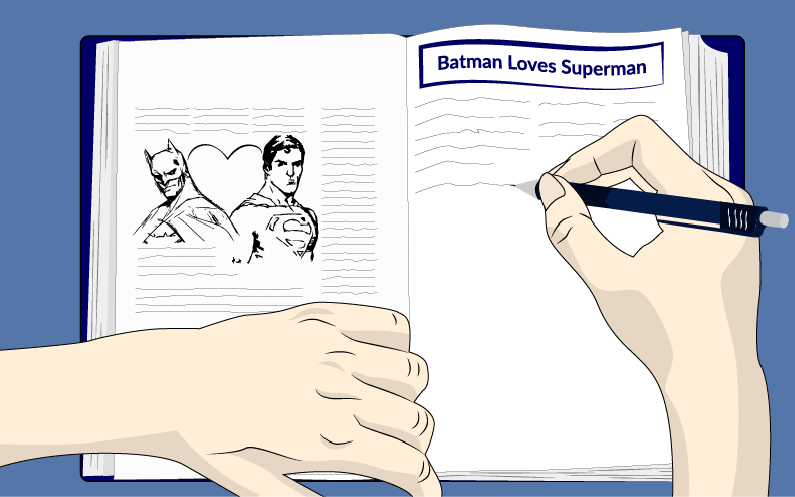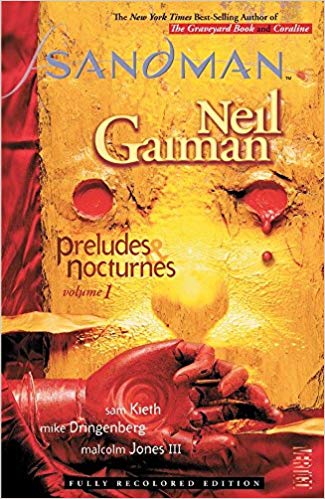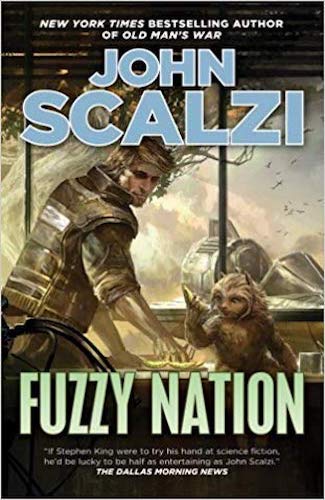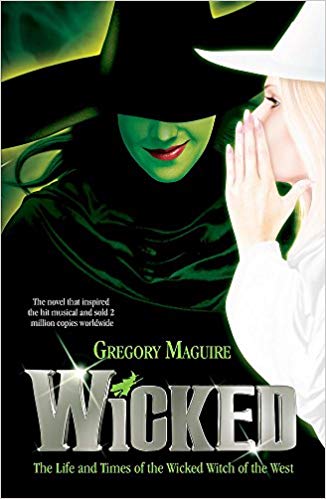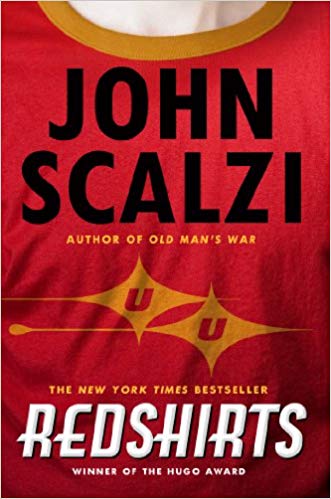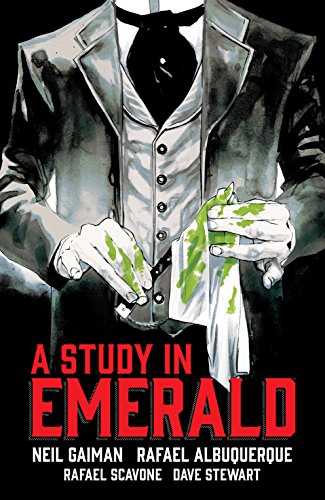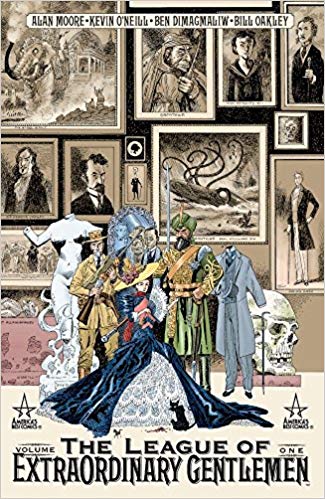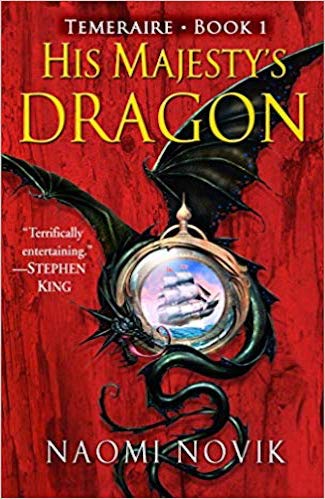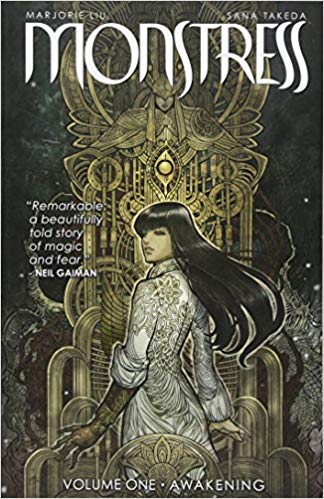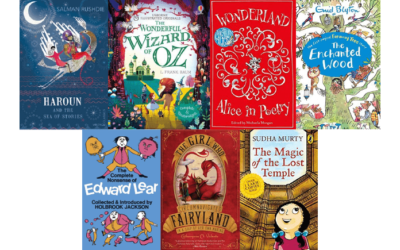Standing On The Shoulders Of Giants: With Great Fans Comes Great Fanfiction

T. Gautham Shenoy
October 1, 2018
Fanfiction (one word) – or ‘fanfic’ for short, or just ‘fic’ – is simply fiction written by a fan of, and featuring characters from, a particular comic, TV series, film, etc. New stories about established characters, taking them in directions the creators hadn’t, making new connections, giving characters new identities, filling in the gaps left open by canon, crossing them with other characters from another world – all out of love. Because fanfic is ultimately about writing one’s own stories, albeit using a character already created by someone else, to live a little while longer in a world one likes, and most of all, to write the kind of stories one would love to read. Fanfic is a way of finding the overlaps between yourself and the character you love and exploring it further, of writing your own self into a new story that connects your personal experiences and hopes with the superheroes you like. And it looked like Marvel was officially giving fans sanction to write fanfic, along with the tools required to create a proper webcomic out of it.
Going by the simplest definition of what fanfiction is, one could argue that you’d be writing fanfiction if you wrote a story involving a character you haven’t created yourself. So unless your name is Jerry Siegel or Joe Shuster, you’d be writing Superman fanfic if you’re writing a Superman story. The difference is that some people get paid for doing it and are officially sanctioned and DC-approved. Unlike say, the science fiction author Larry Niven’s essay, Man of Steel, Woman of Kleenex that explores the problems Superman would face in his romantic encounters with a human woman, a hypothetical lady called ‘LL’. Or The Guardian series’ author, Meljean Brook’s story, In Darkest Light about Batman and Wonder Woman.
Another piece of Hugo-winning fanfiction that readily springs to mind is Gaiman’s own A Study In Emerald, which is Sherlock Holmes fanfic against the backdrop of H.P. Lovecraft’s Cthulhu Mythos. What about Alan Moore and Kevin O’Neill’s The League Of Extraordinary Gentlemen, a comic that won an Eisner Award and continues to feature in many ‘Best Graphic Novels’ lists? The original concept behind it was ‘Justice League in Victorian England’ until Moore decided to use the opportunity to populate the team with existing characters from literature.
It is against this backdrop that fanfiction should be encouraged and who knows where it will lead. The next Naomi Novik, Marjorie Liu or Meljean Brook could be a fanfiction writer from India. Meanwhile, we can hope that someday Marvel will – in the spirit of fandom – remove some of the more baffling restrictions and truly open its universe to fanfic.

T. Gautham Shenoy is an advertising professional and a lifelong reader who enjoys geeking out on comics and science fiction. Shenoy is also the writer of India’s longest-running weekly SF column ‘New Worlds Weekly’ at FactorDaily. Follow him on Twitter.
You can read his articles here.

